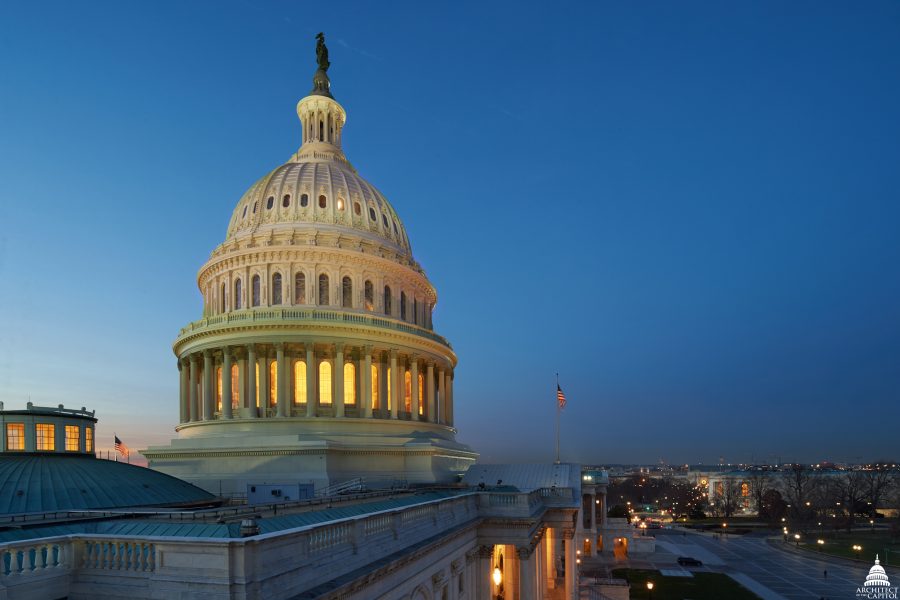Department of the Air Force leaders are preparing for a continuing resolution that could curb spending for several months, Air Force Secretary Barbara M. Barrett said Sept. 15.
House Majority Leader Rep. Steny Hoyer (D-Md.) said he will bring CR legislation to the chamber floor for consideration next week, shortly before the fiscal year ends Sept. 30, according to Reuters.
CRs are stopgap spending bills that allow the federal government to remain open in the absence of a funding package for the coming year. Agencies can spend only what they received for fiscal 2020 and cannot launch any programs that require new funds.
While Republicans are mulling legislation that would last until Dec. 18, Democrats are considering extending a CR until February 2021.
“Whether that goes into next year, or how deeply into next year, … we’ll just play it by ear,” Barrett said at AFA’s virtual Air, Space & Cyber Conference.
Air Force Chief of Staff Gen. Charles Q. Brown Jr. did not specify how stopgap legislation would affect the service’s work, but said officials would adjust their plans as they get more information on the bill. A CR would block the Air Force from investing in 54 new-start items affecting areas from pilot training to cyber operations software.
Space Force Chief of Space Operations Gen. John W. “Jay” Raymond warned that a CR will stunt the new service’s growth as it tries to get on its feet. The Air Force would not be able to transfer money over for the $15.4 billion budget the Space Force wants in 2021.
“When the Space Force was first stood up, there was some small [operations and maintenance] dollars just to get us started, and we’ve got to get the rest of those dollars now that we have a service up and running,” Raymond said.
His vice commander, Lt. Gen. David D. Thompson, recently said a CR would bust the Space Force’s expected timelines for creating new organizations and rolling out new technology and training for military space operations.
Spending restrictions would also hit the GPS III program, which is preparing to launch its fourth satellite and buy additional, more advanced models known as GPS III Follow-On systems. New work as part of the GPS constellation’s operational control system would be affected. Efforts at the National Space Defense Center in Colorado—possibly the Space Force’s Enterprise Space Battle Management Command and Control program—are at risk as well, Raymond said.
He did not elaborate on the impact to those efforts but said they could be averted if Congress makes exceptions for certain programs in the legislation.
